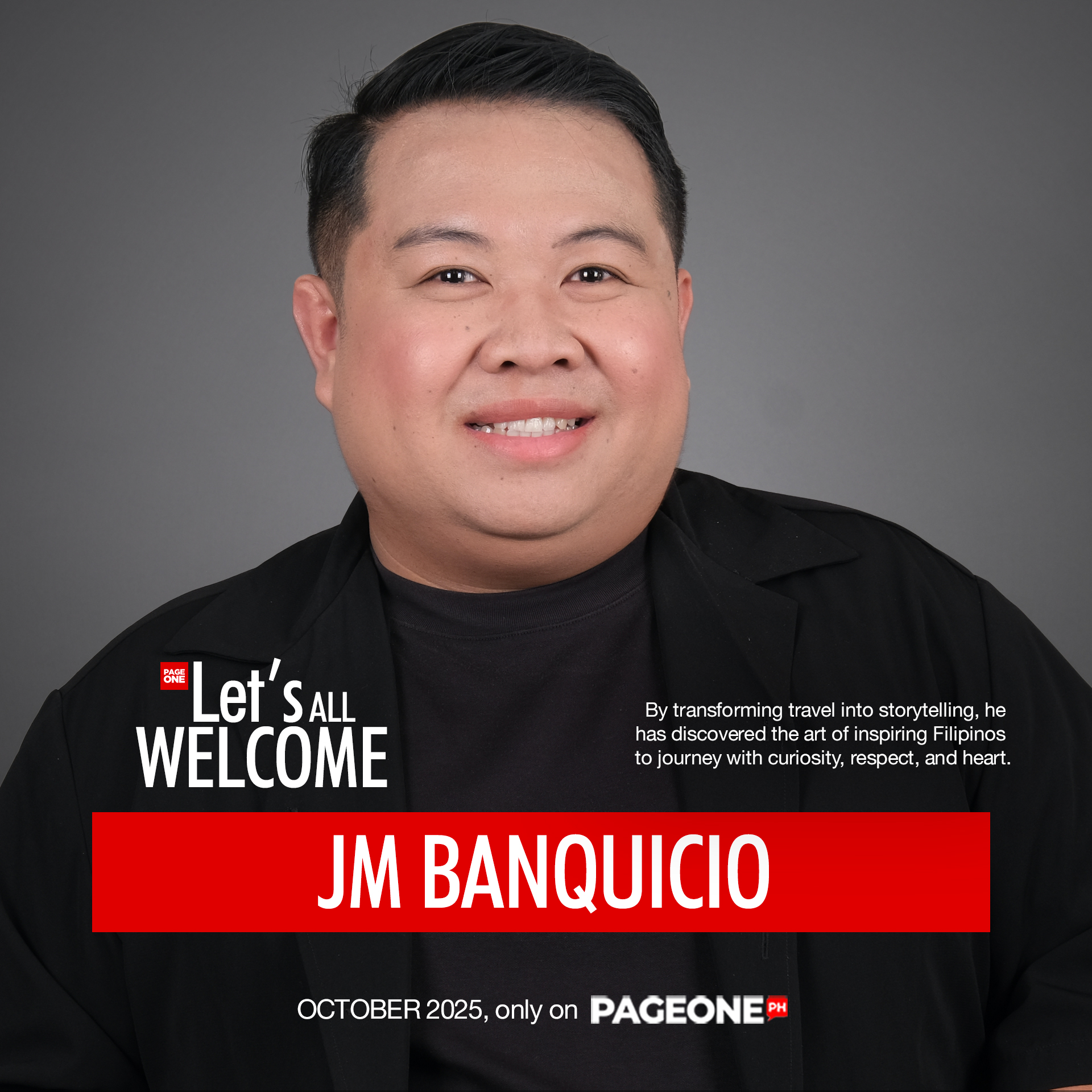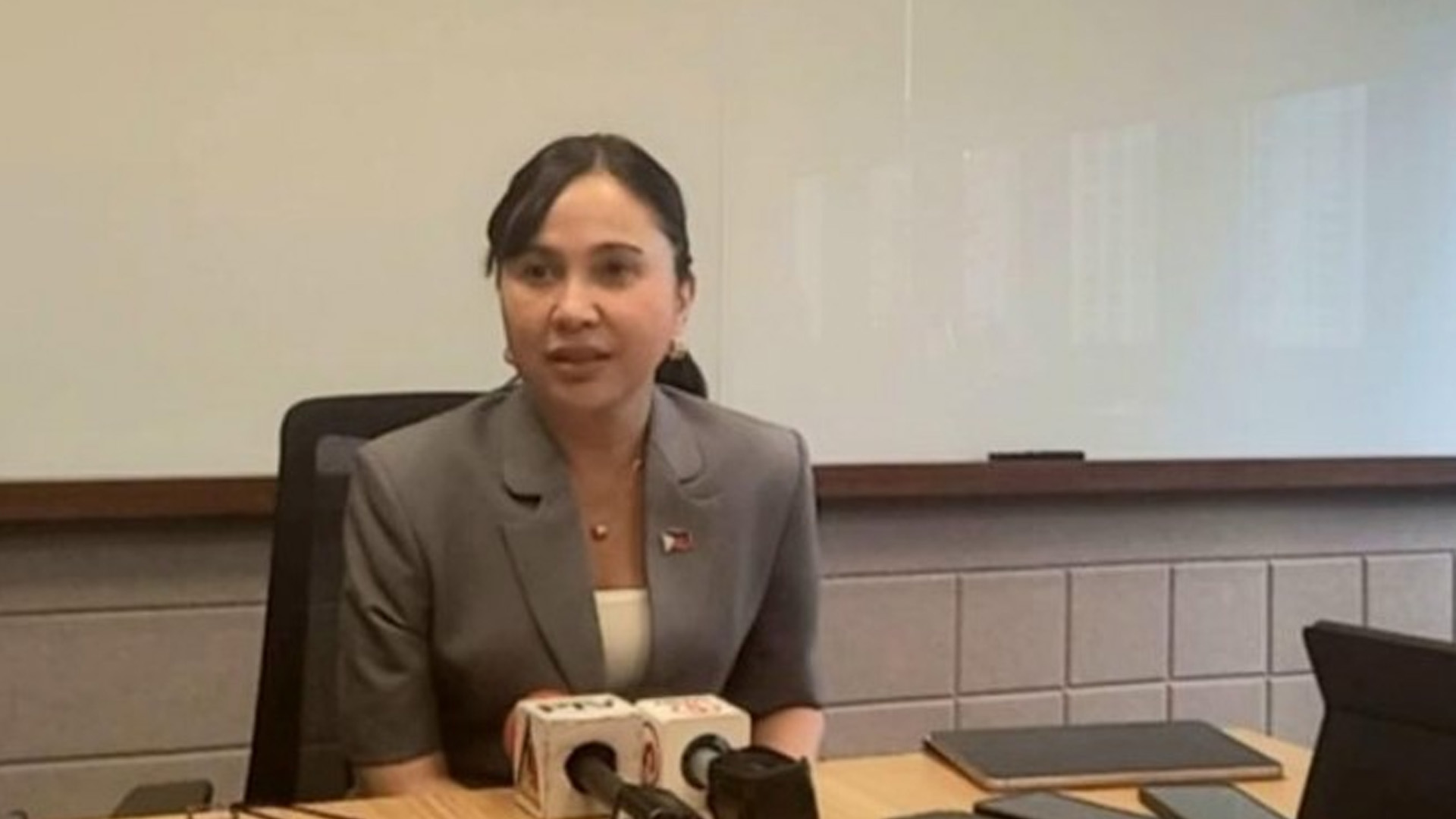The one-week extension in the implementation of the new tariff rates imposed by the US on its trading partners will be used by Philippine officials to further negotiate for a “mutually beneficial deal.”
“On the part of the Philippine government, we will continue with our talks with the US, and hopefully we can come up with a mutually beneficial deal the soonest possible time,” Trade Secretary Cristina Roque said Friday.
“In the meantime, we will continue to expand our trade network to provide more business opportunities and enhanced market access for our exporters.”
Trade officials said diversification is the key to addressing the hike in the tariff of exports to the US, adding that they are continuously looking for new markets where Philippine products can be sold.
Philippine exports to the US were scheduled to be imposed with a 19 percent reciprocal tariff starting Aug. 1, as a result of the protectionist policies of the US.
Trade officials said this is the second lowest among Asian countries and was achieved without compromising the agriculture sector or offering other options to lower the tariff rate.
This situation was attributed as a factor for the negative close of the Philippine Stock Exchange index (PSEi) and the Philippine peso weakness for most of this week, analysts said.
Rizal Commercial Banking Corporation chief economist Michael Ricafort said investors “are still on a wait-and-see mode if (US President Donald) Trump would be willing to compromise and settle for lower negotiated tariffs during the trade negotiations/talks, given the TACO track record in recent months”, referring to what is dubbed the “Trump Always Chickens Out”.
In the case of the Philippines, the US announced last April that tariff on products from the country would be imposed a 17 percent tariff but this was hiked to 20 percent, until it was lowered to 19 percent following the US visit of President Ferdinand R. Marcos Jr. and his delegation from July 20-22. (PNA)









